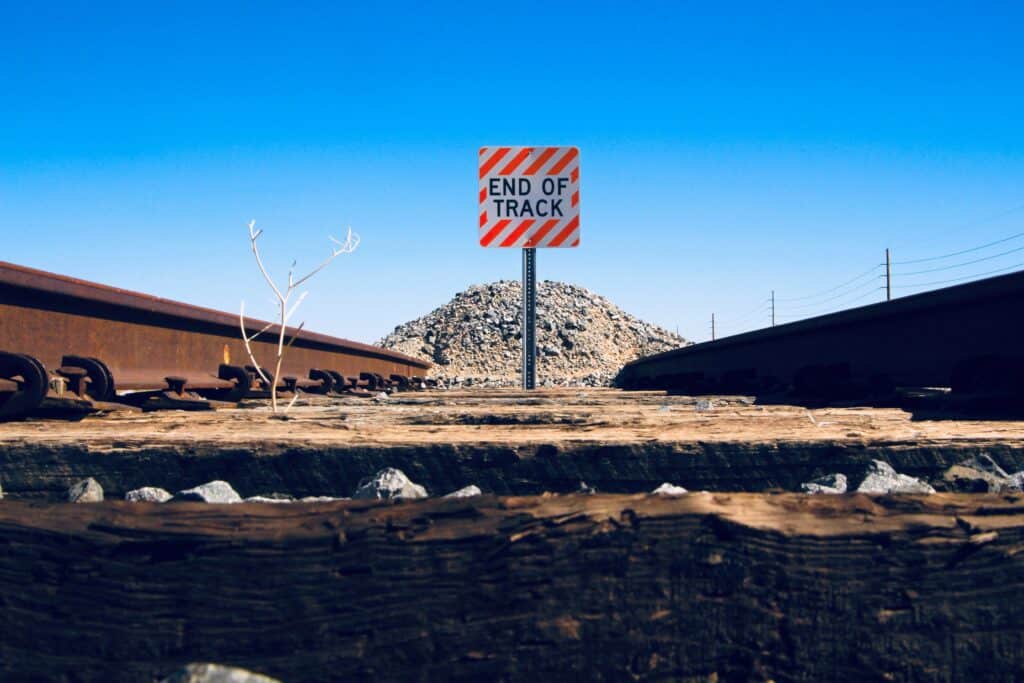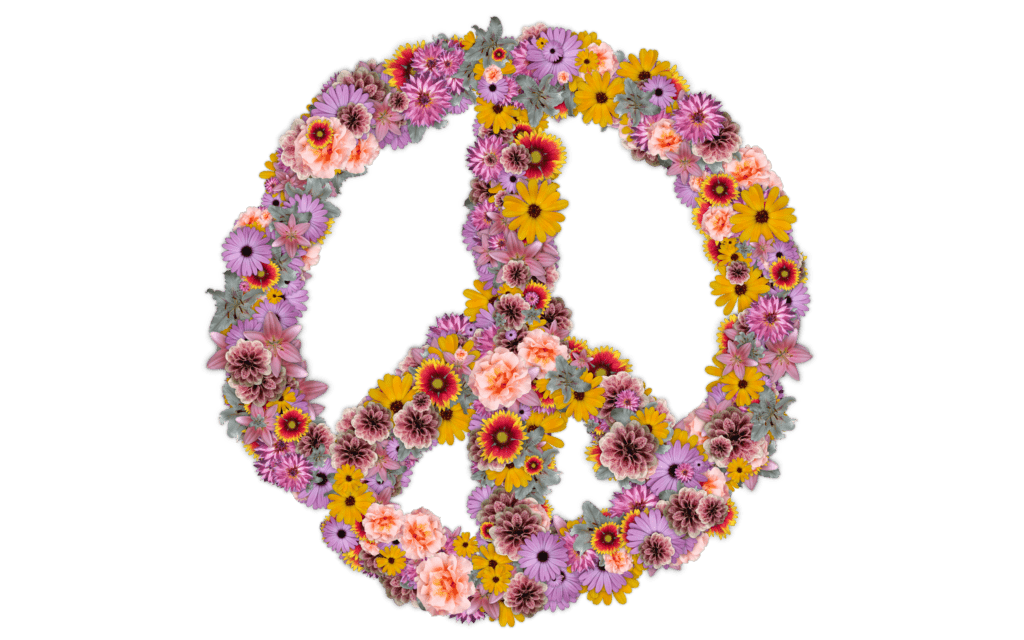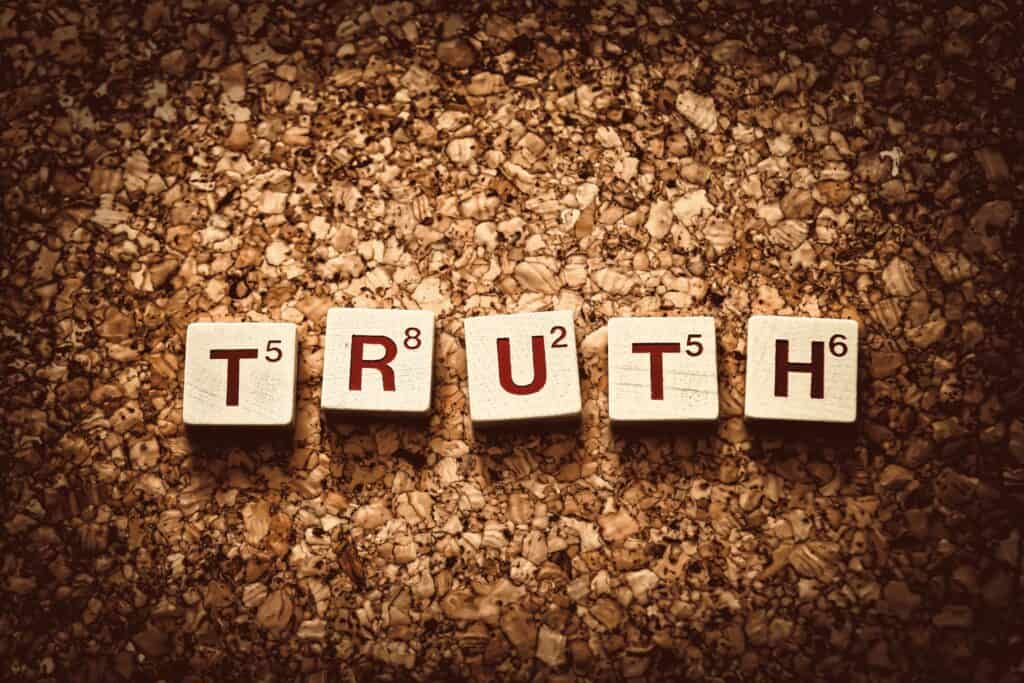You cannot have lived without having heard at least a proverb or two. We associate proverbs with wisdom, and we do not hesitate to share them with the world when we are feeling smart. But what is it that proverbs offer us exactly? Is there really any wisdom in proverbs? Can we learn anything useful from them? Are they really of any substance, or are they just fancier-sounding empty slogans?
In this article, we are going to see why proverbs are not the absolute truths we take them for. We are going to analyze some of the most popular proverbs and see why they are neither universal truths nor jewels of wisdom — after all, not all that glitters is gold!
Honesty is the best policy
A socially unrealistic proverb

We talked about white lies once in the stranger danger article. The fact such lies are white does not give them a pass to be considered true, but harmless. Does that mean we can lie when we know that telling the truth would yield a negative outcome? What good is the truth when it hurts the feelings of people we care about? Should we add the proverb ‘’exceptional situations demand exceptional measures’’ to balance this imbalance? Aren’t our friends’ and families’ feelings not exceptional enough to warrant lying? A lie is still a lie, even if it is pink.
Are lies, then, a required commodity to do business with a socially stable life?
How about ourselves? Do we not lie to ourselves either for the better or worse? Sometimes we lie to ourselves so that we keep going when things get tough; we call it self-motivation. Other times, when things do not look like they are going to be okay; we choose to believe they are going to be regardless; we call it optimism. When someone rejects our requests, we tell ourselves that we did not really want them fulfilled anyways; psychologists call it self-defense mechanism, which protects our self-esteem.
It is a matter of intention, not information
Are these lies not necessary for a healthy well-being? If it is necessary to lie to yourself, why is it not necessary to lie to others, too? Is it because you already know you are lying to yourself that makes it more acceptable than when you are doing so to someone who does not know it? But how about when you lie to yourself without realising it, which often happens because we are not just conscious but subconscious beings? Should we be spared guilt and reprimand when we lie to others without being aware of it? If we are victims to our own subconscious lying, how can we be truth heroes and heroines to others? How can the blind lead the blind?
Maybe we can be pardoned for dishonest policy when we are unaware we are executing it, and to a lesser extent when we know for sure that it is in the other person’s interest, but we can never be excused when we know that lying to someone implies potential personal gain or the loss of his or hers.
Honesty, therefore, is not a matter of information, but of intention: it is not about what you say, but what you intend to do with it, which means you can still be honest even when you are lying – as long as your intentions are good-natured.
Honesty is not the best policy.
You have made your bed, now lie in it

This proverb means that we must take responsibility for our actions. But what does taking responsibility for our actions mean – really mean?
Confused?
Let us say rich a man’s house got robbed. If we apply the logic of the proverb, it is the rich man’s fault.
How come?
A rich man usually shows off his wealth: nice house, nice car, etc. Unsurprisingly, people notice – including the stock of people who rob others for a living.
The rich man made his own bed because he knew that buying a rich-looking house would draw attention, and so it is his fault that burglars robbed it.
Buying an average-looking house in an average-looking area might have hurt the rich man’s ego a little bit, but would have spared him the robbery.
He made his bed, now he must lie in it.
You can start seeing why this proverb does not really make a lot of sense. Rich people have the right to do whatever they want with their money, and the police is not going to blame them for the burglaries that may occur as a consequence.
Rich or not, we can always find a reason to blame someone for what happened to them. If a psycho attacks you with a knife on the street, should we blame you for not making enough time for martial-arts classes to learn to defend yourself? Or should we blame you for walking alone on the street? Maybe it is your fault that you are not walking the streets looking over your shoulder every second or so?
You did not make any bed, so there is nothing to lie in.
All good things must come to an end

Says the pessimist.
All bad things come to an end, says the optimist.
All things come to an end, says the realist.
It all depends on your perspective. There is no wisdom in the proverb whatsoever because it is an opinion, not a fact nor a life-hack.
If we believed that all good things must come to an end, we would never consider marriage, buying a house or starting a family. We do the things that matter to us the most because we want and expect them to last.
Sure, things end, but more importantly, they do in different ways: If you say they must do, you are implying it is unavoidable. It would be true to say so if you are talking about unvoluntary endings. For example, if death separates two intimate partners. However, if the two separate voluntarily, things came to an end not because they must, but because they could.
If all good things must come to an end, so must all romantic relationships. We know that this is simply not true because some of them last forever.
All good things could come to an end.
A bird in the hand is worth two in the bush
Risk taking is unavoidable

This proverb means that it is better to hold onto something that is guaranteed than risk it for something better but not guaranteed.
Bad advice is not advice.
How can you know you can do or get something unless you try? This proverb is ‘’advising’’ us to be careful, but is risk-taking not part of success? How are we supposed to know the outcome of anything if we do not take risks?
Yes, the outcome of risk is not guaranteed, but we would not do anything in life if we always took risk into consideration. For instance, entrepreneurs would not set up businesses because they may not be profitable, students would not waste money on getting a degree because it does not guarantee them employment, and Columbus would not have reached the Americas because he was not even sure they existed.
A proverb that lacks ambition
Of course, not all risks are equal, and some are bigger than others. Usually, the bigger the risk, the higher the stakes. A situation like this can either make you or break you, and you know what? Sometimes, no one really knows what is going to happen, let alone guarantee anything.
At the end of the day, it boils down to how bad you really want something. Is it really so important to risk everything for? Is it the goal you always wanted to achieve? Would you feel that you wasted the shot at the most fulfilled life you could ever have if you did not do it?
Go for it.
Even if your attempt fails, you will have honoured yourself. Risk is the only road that leads both those who flourish and those who perish to Rome. Even if you do not end up reaching Rome, it would make you a winner who did not make it because those who do take no different road — risk.
You lived for your goal, you perished for your goal.
The two birds in the bush are worth everything.
A picture is worth a thousand words

According to a website dedicated to proverbs, this proverb means that ”a picture tells a story just as well as, if not better than, a lot of written words.”
If pictures were better than words, we would not have novels or stories to read – just picture books. A picture does not tell a story in the same way a story tellers does. Not all of us are great story tellers, so when we look at a picture, not all of us get a great story.
A ’’thousand words’’ is a lot of words. they amount to almost half of the words in this article and I do not think that the mind’s short working memory is capable of grasping so many of them just by looking at a picture. Most adults’ working memory can only hold on to six or seven digits at once, let alone a thousand words.
Unless we hold a pen and paper and write our impressions, it is impossible for a picture to speak so much to us. We may say that a picture is good at offering the briefest summary of a thousand words, but it can never fully cover the depth, detail and complexity of a thousand words.
Without a thousand words, a picture has little worth.
Two wrongs do not make a right
A proverb that teaches forgiveness, but what of justice?

Cambridge dictionary explains the proverb in these words: ”it is not acceptable to do something bad to someone just because they did something bad to you first.”
When somebody hurts us, we have two options: to retaliate or not to retaliate. The proverb says that it Is wise not to retaliate because two wrongs do not make it right. However, how can we get justice for ourselves?
Let us say that someone committed a serious offense against us. Since we do not want to commit the second wrong by inflicting vengeance with our own hands, we will recourse to law.
But wait a minute.
Are we still not committing a wrong even when we do it through the justice system? After all, the punishment you expect the justice system to inflict is exactly what it is – punishment.
How does this differ from inflicting punishment with your own hands? Just because the state does it for you, it does not mean it is a right, does it? Is the justice system the fine line between a wrong and a right?
It does not look like it to me because, though the means are different, the end is the same. You are just letting the ‘’justice system’’ do the dirty work for you.
When two wrongs make a right
The idea that the ‘’justice system’’ is just another wrong is hidden in plain sight, but it comes to public attention especially when the punishment is extreme – death row.
Is it not committing two wrongs to make a right; taking someone’s life for the ending of another?
This can mean two things: making something right in the supposedly right way would still be the wrong way, or there is no right way.
If justice systems around the world differ on what ‘’right’’ means, it becomes clear that there is no right way. Some of them impose the death penalty, others do not.
The only way we can fulfil ”two wrongs do not make a right” is not to commit the second wrong at all – neither through legal nor personal means; forgiveness.
The amount of pain some perpetrators inflict on their victims, though, is sometimes way beyond the limits of any concept of forgiveness.
Two wrongs may make a right.
Treat others as you wish to be treated
A proverb that has too much faith in humanity

Treating others well does not guarantee reciprocation. It is true that most humans naturally appreciate and reciprocate courteous behaviour, but how they reciprocate it, if at all, may differ from one individual to another.
The proverb’s greatest sin is assuming that everyone is cut from the same cloth. That is a lot of faith in humanity. Too much faith in humanity.
Trusting in our goodness does not automatically confer trust in others’ because we do know them as well as we know ourselves. While it is impossible to know others’ attitudes, it is possible to draw conclusions about them by how they act. We cannot know whether the ‘’treat as you would like to be treated’’ rule is applicable to someone unless we try.
How others treat us, then, is going to be based on their attitude, which may be different than ours.
Be kind, but do not expect anything in return
You may be wondering why we should be good to others if we are not sure they will be good to us. Well, we would not want to think that we are ‘’trading’’ kindness. Otherwise, it would lose its selfless colour. We should not let some people’s bad attitude to goodness influence ours. Instead, we have to keep fighting to keep spreading goodness in the world.
Do not expect others to treat you as you would like to be treated.
Final word: a proverb is an appetiser, not a full course

While proverbs can be excellent discussion appetisers, they are not truths in and of themselves, but insights gained as a result of someone’s personal experience in the world. Since our experiences differ, we cannot use proverbs as a one-size-fits-all advice.
Adapting proverbs instead of adopting them is a good way to make use of any benefit they may offer, and who knows — maybe you will come up with your own proverbs as you go on living!

I agree that critical thinking should be applied even to our ancestors’ wisdom! Nice job, Mr Writer.